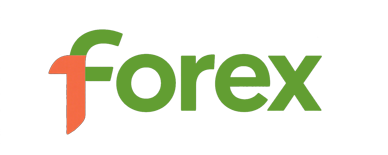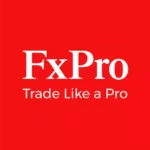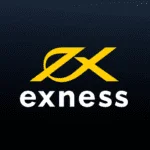Does regular forex speculation really need to pull people? Uncover the marketing fog of forex trading.
In the global financial market, foreign exchange trading, as a highly liquid and highly leveraged investment tool, has attracted the attention of countless investors. The question of "whether regular foreign exchange speculation needs to pull people" is often controversial. Some people think that foreign exchange trading needs to increase profits by pulling people's heads and developing offline, while others think this is a misunderstanding. In fact, formal foreign exchange speculation does not need to pull people, but in order to attract investors, some illegal platforms may use this misunderstanding for marketing. This article will start from the nature of formal foreign exchange trading to uncover the fog of this issue.

We need to be clear about what is regular forex trading. Formal foreign exchange trading refers to investors through a legitimate foreign exchange trading platform, the use of real exchange rate fluctuations to buy and sell operations, in order to earn spread income. Formal platforms are usually regulated by regulatory bodies (e. g. UK FCA, US NFA, Australian ASIC, etc.) to ensure transparency and security of transactions. The core of formal foreign exchange trading lies in market analysis, technical analysis and risk management, not profit by pulling people's heads.
There are indeed some illegal platforms in the market, under the banner of "foreign exchange trading", but they are actually carrying out pyramid schemes or fund trading operations. These platforms usually promise high rebates in the name of "pulling people's heads" and "developing offline" to attract investors to pay membership fees or investment principal. Once investors participate, their funds may be misappropriated by the platform, resulting in a loss of money. The common characteristics of these platforms are: no real trading background, no legitimate regulatory agencies, and no reasonable profit model.
Why do these platforms use "pulling people's heads" as a marketing tool? The main reason is that "pulling people's heads" can quickly attract a large amount of funds without the need for real transactions. This model is similar to MLM, which maintains the capital chain by constantly developing new members. This model is doomed to be unsustainable, because once no new investors join, the entire capital chain will collapse, and investors' funds will also face huge risks.
For regular foreign exchange trading, pulling people's heads is not only unnecessary, but even harmful. The core competencies of formal platforms lie in their trading systems, customer support and educational resources, rather than attracting customers by pulling people's heads. The proceeds of formal foreign exchange trading come from market fluctuations, not from the development of offline to obtain commission. Therefore, when choosing a foreign exchange platform, investors should be wary of those platforms that use "pulling people's heads" as a marketing tool, and should pay attention to the legitimacy and transparency of the platform.
Let's take a closer look at how formal forex trading is truly profitable and how investors should choose the right platform.
At the heart of formal forex trading lies market analysis and risk management. Investors need to control investment risk by judging market trends, choosing the right time to buy and sell, and through reasonable position management and stop-loss strategies. Formal forex trading platforms usually provide rich market data, professional analysis tools and real-time market news to help investors make informed trading decisions.
Unlike the platform that pulls people's heads, the revenue model of the formal forex platform is based on transaction fees and spreads (spread). The spread refers to the difference between the bid price and the ask price and is one of the main costs of forex trading. Formal platforms usually charge lower spreads to attract more volume. Some platforms also offer rebates to attract long-term customers by returning a portion of the spread.
For investors, the key to choosing a formal forex platform lies in the following aspects:
Regulatory Qualification: Select platforms regulated by well-known regulatory bodies (such as UK FCA, US NFA, Australian ASIC, etc.) to ensure the legitimacy and transparency of the platform.
Platform stability: Choose a platform with mature technology and stable operation to ensure smooth and safe transactions.
Trading tools and educational resources: Choose a platform that provides a wealth of trading tools and educational resources to help investors improve their trading skills.
Customer support: Choose a platform that provides 24-hour customer support to ensure that problems can be resolved in a timely manner.
We need to note that although formal foreign exchange trading does not need to pull people's heads, it still requires investors to have certain market knowledge and trading experience. For novice investors, it is recommended to familiarize themselves with the market environment through simulated trading and gradually accumulate experience in actual trading. Investors should also remain rational and calm and avoid being swayed by market sentiment and making wrong trading decisions.
Formal foreign exchange speculation does not need to pull people, its core lies in market analysis and risk management. Investors should choose a formal and transparent platform and stay away from scams in the name of "pulling people's heads. By constantly learning and improving their trading skills, investors can achieve long-term stable returns in the foreign exchange market.

























